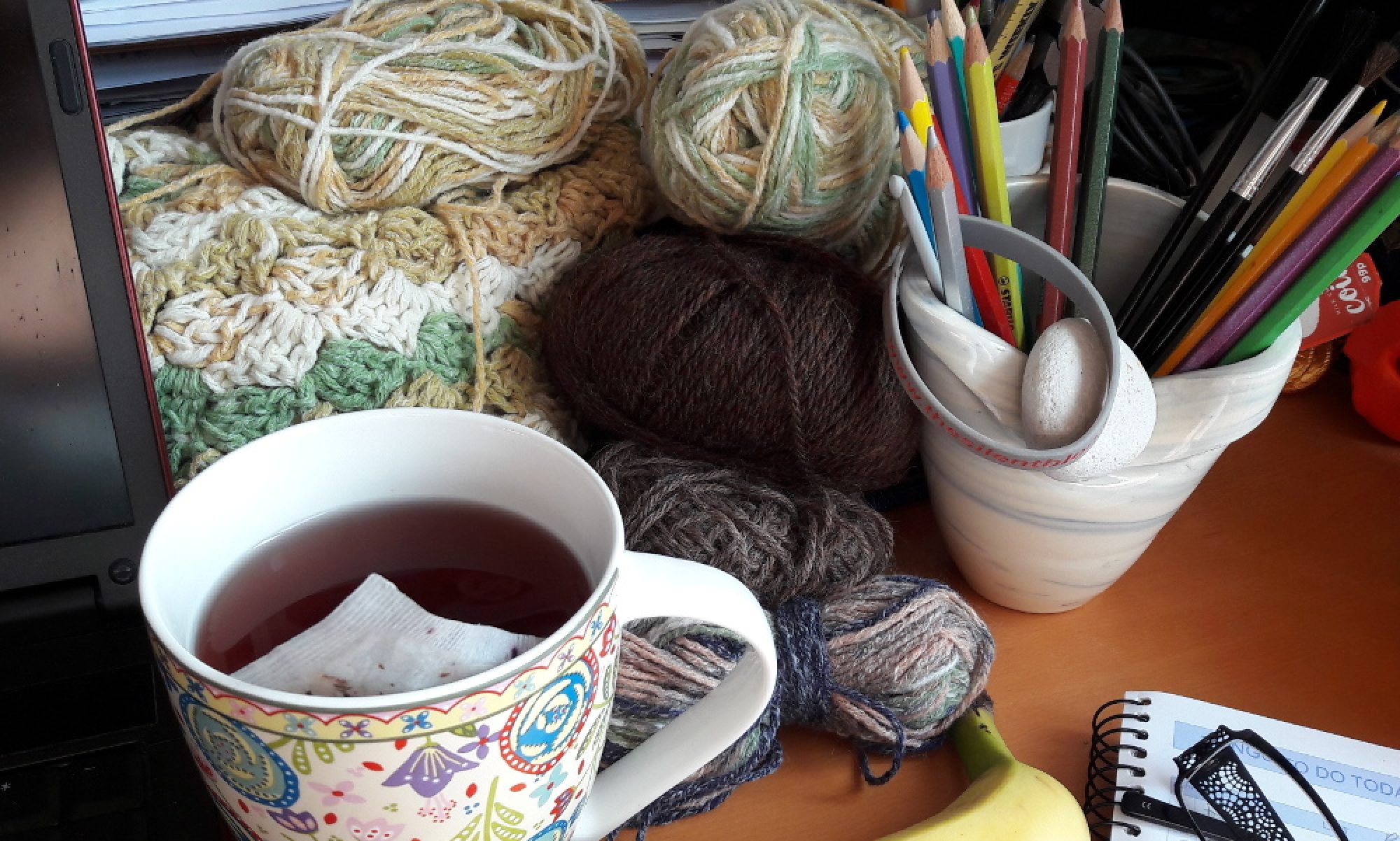
It’s the school Easter holidays. The first few days seem indistinguishable, looking back. I remember an Easter fayre on the last day of school, some pyjama wearing here and there, some telly, a few snacks, the odd shopping trip and here we are, nearly a week later.
Whilst I acknowledge we probably all need the rest I do feel a certain uneasiness after a while, like I’m wasting the holidays, like I’m not providing enough away-from-the-classroom-learning. My social media feeds seem to be full of pictures of happy kids and parents eating pizza at theme parks – something I know would blow several months’ family-time budget.
Does this sound familiar?
But then I remembered my Mum’s own very special brand of school holiday entertainment: adventure walks. I say adventure because you could never be quite sure of where we would end up. It was all about the welcome squish of fruitcake wrapped in foil, the hilarity of a lone, gaping welly stuck in mud, the momentary relief of escaping a herd of cows by sitting high up on a stone wall. We would pick through the mud for shells along the Penryn river, taking them home in carrier bags to sud them up and paint them, allowing our little artistic efforts to dry on the coal bunker in the sun.
So, a couple of days ago I made the effort to pack food, find wellies and almost carry my daughter out through the door for a walk and it was well worth it.
High in the Surrey Hills, above the village of Chilworth sits St Martha’s Church. According to the friendly and knowledgeable vicar, people have been worshiping there since as far back as 3500 BCE and it’s no wonder. Accessible only by foot, the site has an indescribable silence and magic, with views way out over the countryside to the South Downs. I can only liken the sensation of sitting in the wind on one of the weathered wooden benches outside the church to sitting on the ceiling.
A good friend of mine and I have been visiting this place for years. We come at all times of the year – in spring for the stunning bluebells, almost to vibrant to look at; in the summer for the sunburnt bracken, arid sand and blue sky; and in the autumn, the turning leaves set before us a carpet of ochres and greens as far as the eyes can see.
Declaring “I’m an indoors kind of person”, it was difficult to get my daughter into the car initially but I knew that as soon as her investigating feet took over, she’d be well away. And she was.

Paddling in the stream, handbag in hand, she moved the sandy stones around with her toes, allowing the sensation of the cool water to tickle her ankles. “I wonder if there are any fish, Mummy”.


I took pictures of the diamante water, the rugged stones of the old gunpowder works and bluebell leaves readying themselves for the blue blooms rising.
Then we took the steep, stony path up the hill. This is the same path we usually take and it is an old, well worn, well weathered route. I often think of the people who have scuffed the same stones; the same trees; have stopped in the same places for a rest to look out over the same countryside.
The path at the top is hard going and sandy but well worth it. Feet at an angle and my daughter holding tightly to my hand, we dragged up the final furlong, out beyond the treeline and into the sun. This is where I can understand the spiritual draw of the place. It simply makes me smile.
Hunkered beside the 19th Century walls of the rebuilt church, we ate figgy rolls, drank juice and chatted. The kids balanced on the solid parameter wall of the cemetery.

It’s a place that makes for good quality breathing. We opened our mouths and let the wind hit the back of our throats and it felt like it had come straight from the coast many miles to the south, skipping over the hills and into our lungs.
We came home happy.
The thing is, looking back, Mother didn’t take us out on an adventure every day – but these are the days I remember: these are the days that have shaped me.
So, I’ll not worry too much about today’s pyjama day. Maybe we’ll make sandwiches together at lunchtime, play a little triominos and watch a little Frozen. We’ll have an adventure again tomorrow.































